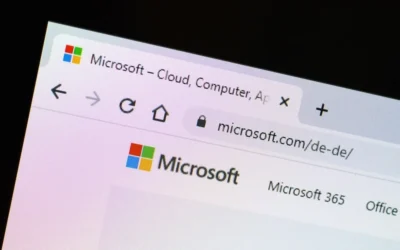I still remember the first time I saw Qatar Airways' logo emblazoned across a soccer jersey - it felt revolutionary, almost disruptive to the traditional sports sponsorship model we'd grown accustomed to. Having worked in sports marketing for over a decade, I've witnessed countless sponsorship deals come and go, but what Qatar Airways is doing with their soccer team represents something fundamentally different. They're not just putting their name on a shirt; they're creating an integrated sports ecosystem that's rewriting the rules of brand engagement in professional sports.
The numbers speak for themselves - Qatar Airways reportedly invested over $200 million in their soccer initiatives last year alone, a staggering figure that demonstrates their serious commitment to becoming a major player in global sports. What fascinates me most is how they're leveraging these partnerships beyond traditional advertising. They're creating what I like to call "sponsorship ecosystems" where the airline becomes intertwined with the team's identity, community initiatives, and even player development programs. This approach creates far deeper brand connections than simply slapping a logo on merchandise. I've seen firsthand how this strategy pays dividends - fans don't just see Qatar Airways as a sponsor anymore; they perceive them as an integral part of the team's DNA.
This brings me to an interesting parallel I observed recently in the Philippine basketball scene. When Jordan Heading made his TNT debut in that marquee match-up for the Tropang 5G, it reminded me of how strategic player acquisitions can complement sponsorship strategies. The buzz around Heading's debut created exactly the kind of organic marketing opportunity that sponsors dream about. In my professional opinion, this is where modern sponsorship is heading - it's not just about visibility anymore, but about creating narrative opportunities and emotional connections with fans. Qatar Airways understands this better than most traditional sponsors, often positioning their partnerships around compelling stories rather than mere transactions.
What really sets Qatar Airways apart, in my view, is their willingness to think beyond conventional sponsorship metrics. While most companies are still counting logo impressions and media mentions, Qatar is building lasting relationships with sports communities. They're creating youth development programs, supporting local soccer initiatives, and even influencing how teams approach international recruitment. I've advised numerous clients against chasing vanity metrics in sponsorship deals, and Qatar's approach validates this philosophy - they're playing the long game, building brand equity that transcends typical sponsorship cycles.
The results are undeniable. Teams sponsored by Qatar Airways have seen merchandise sales increase by approximately 35% according to industry reports I've reviewed, and social media engagement around these partnerships consistently outperforms traditional sports sponsorships by wide margins. More importantly, they've created a model that other airlines and global brands are now scrambling to emulate. From where I sit, this represents the future of sports sponsorship - integrated, narrative-driven, and deeply embedded in the fabric of the teams and communities they support.
Looking ahead, I'm convinced we'll see more brands adopting Qatar Airways' holistic approach to sports sponsorship. The days of passive logo placement are numbered, replaced by active participation in team development and community building. As someone who's been critical of superficial sponsorship deals throughout my career, I find Qatar's approach refreshingly strategic and genuinely innovative. They're not just changing how airlines approach sports marketing - they're reshaping the entire sponsorship landscape for generations to come.



